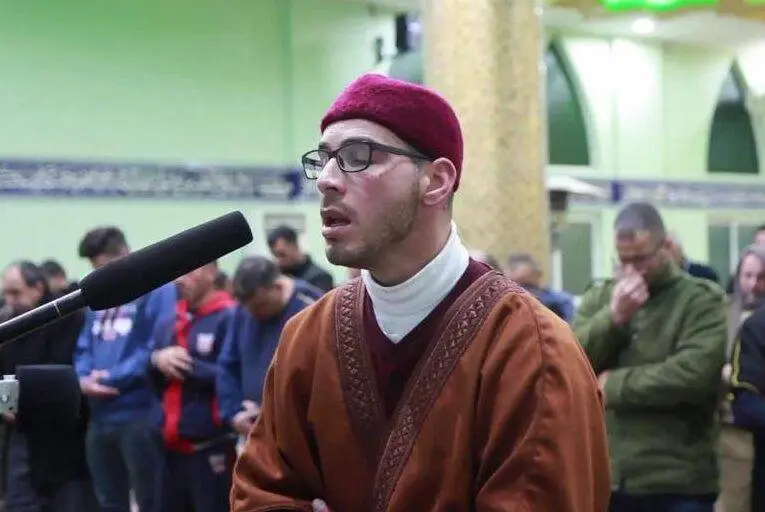Israel has recently imposed a 15-day access ban on the director of the Hebron Mosque, a move that has sparked significant concern among local and international observers. The decision to restrict access to one of the most important religious sites in the West Bank has raised questions about the implications for religious freedom and the potential for escalating tensions in an already volatile region.
The Hebron Mosque, also known as the Ibrahimi Mosque, is revered by both Muslims and Jews, and any changes to its management can have far-reaching consequences.
The Israeli authorities justified the ban by citing security concerns, claiming that the director’s activities posed a threat to public safety. “This decision was made with the utmost consideration for security,” stated a spokesperson from the Israeli military, emphasizing that the measures taken were necessary to maintain order in the area.
However, critics argue that such actions are reflective of broader patterns of repression against Palestinian leadership and religious figures. Local Palestinian officials condemned the ban, asserting that it infringes upon the director’s rights and undermines the mosque’s administration.
Observers have noted that the Hebron Mosque is situated within a highly contentious area, where tensions between Israeli settlers and Palestinian residents frequently escalate. The access ban is seen by some as a tactic employed by Israeli authorities to exert control over religious sites and to limit the influence of Palestinian leaders.
A spokesperson for a prominent human rights organization remarked, “This ban is not just about one individual; it is an attempt to stifle voices of dissent and to further marginalize Palestinian religious and community leaders.”
The local community has expressed their dismay at the ban, with many residents feeling that their right to worship freely is being compromised. “The mosque is a place of peace and spirituality,” one local resident stated. “Denying access to its director creates an atmosphere of fear and suspicion.”
Such sentiments highlight the deep-rooted complexities of the Israeli-Palestinian conflict, where even religious matters become intertwined with political issues.
As the 15-day ban draws closer to its end, observers will be watching closely to understand the broader implications of this decision. Will the ban be lifted, or will it lead to further restrictions?
The outcome may set a precedent for future interactions between Israeli authorities and Palestinian leaders, shaping the ongoing discourse around religious freedom and coexistence in the region.














